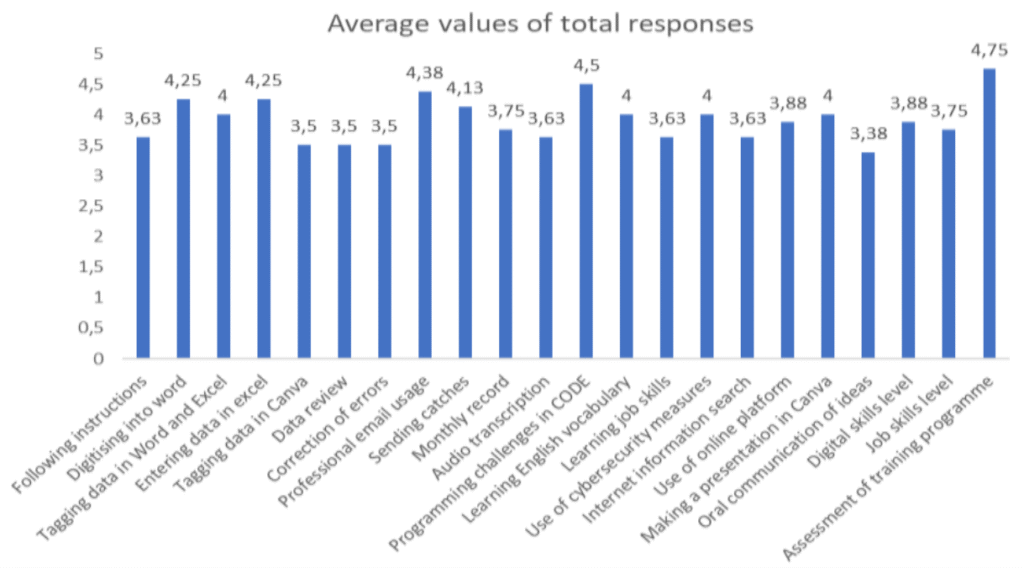This work is co-funded by the Erasmus+ project CoTEDI, which is also co-financed by the European Union under the call-key action 2023-1-NL01-KA220-SCH-000152037 – OID E10207981
Natalia GALBÁN-OJER, María ZAPATA-CÁCERES, Nardie FANCHAMPS, Estefanía MARTIN-BARROSO
Abstract. Abstract: Computational Thinking (CT) facilitates knowledge acquisition and skill development, particularly in problem-solving and understanding information processes based on computer science principles. However, its potential to address socio-pedagogical and psychological needs for learners with developmental disabilities remains underexplored.
Integrating CT with Artificial Intelligence (AI) could enable individuals with intellectual disabilities to navigate an increasingly digital society inclusively. This study examines how CT, applied to Spanish students with intellectual
disability (ID), can reduce the digital divide and enhance employability while exploring AI’s role in this process. A qualitative research program analyzed observable behaviors following CT and AI training. The results indicate that
integrating CT with AI positively impacts learning in the following areas: (a) digitalization and CT, (b) block-based programming, and (c) AI training systems using machine learning. Findings suggest that CT and AI integration improves
problem comprehension, logical structuring, pattern recognition for enhanced solutions, differentiation between relevant and irrelevant information, and the ability to develop clear, step-by-step strategies. While the study provides positive indications, further research is needed to deepen the understanding of CT and AI’s role in socio-pedagogical and psychological support for students with intellectual disabilities.
